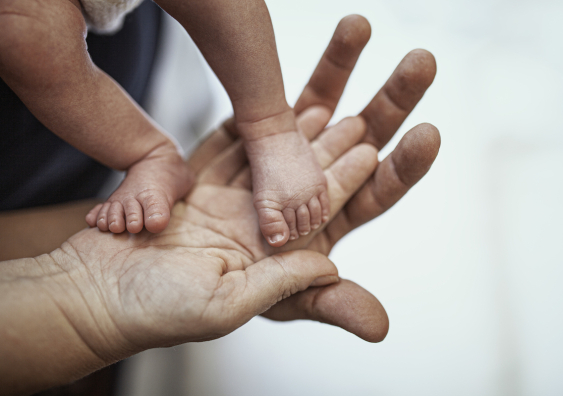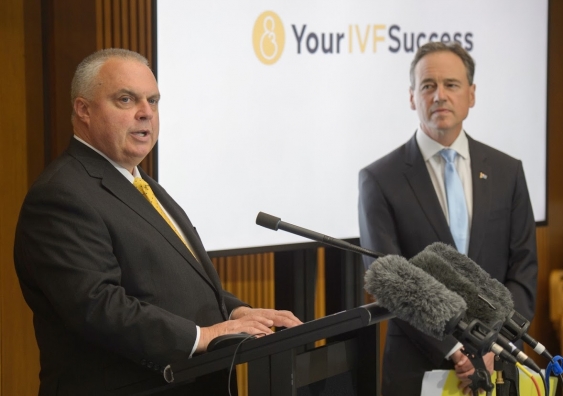The project will link data on fertility, infertility and reproductive medicine, providing a rich evidence base for researchers to help people struggling to conceive.
UNSW Sydney’s Professor Georgina Chambers and her team have received a $1.7 million federal government grant to establish a world-first network of data on fertility, infertility and reproductive medicine.
The Fertility Medicine Data Asset for Australia (FM-DATA) platform will link data on men, women and their children in the hopes of helping researchers better investigate critical questions around infertility and encourage new research and technologies in reproductive medicine.
Almost one child in every 20 born in Australia is conceived using assisted reproductive technologies, including in-vitro fertilisation (IVF). Prof. Chambers is Director of the National Perinatal Epidemiology and Statistics Unit (NPESU) at the Centre for Big Data Research in Health at UNSW Medicine & Health.
She says the FM-DATA platform will be transformative because of its ability to generate contemporary real-world evidence on the effectiveness and safety of existing and emerging fertility treatments.
Providing this information for the one in seven Australians who experience infertility is vitally important.
“The most common, and valid, concern of patients undergoing fertility treatment, is whether treatment is safe for them and their future child, particularly in the long run,” Prof. Chambers said.
“The lack of conclusive findings on the role of medically assisted fertility treatments on health outcomes of people undergoing treatment and their children has created an important evidence gap for advising patients, clinicians, and policymakers.”

The platform will use data from the Australian Institute of Health and Welfare’s Data Hub, which includes hospital, birth, cancer, death and immunisation records, and the most comprehensive IVF registry in the world - the Australian & NZ Assisted Reproduction Database (ANZARD).
Other project partners include: the University of Western Australia, Monash University, the Fertility Society of Australia and New Zealand, the Australian Commission on Safety and Quality in Healthcare and consumer organisations Fertility Matters and Healthy Male.
The database is one of four successful projects funded with grants totalling $9.2 million through the federal government’s Medical Research Future Fund (MRFF) Research Data Infrastructure Initiative, opens in a new window.
“Science progresses faster when researchers can work together and use each other’s data,” Assistant Minister for Health and Aged Care, Ged Kearney said.
“Investing in infrastructure that enables researchers and healthcare professionals to access data more efficiently will improve how they work and, hopefully, lead to breakthroughs in tackling some of our biggest health challenges.”
Media enquiries
For enquiries about this story, please contact Stefanie Menezes.
Tel: +61 2 9065 3225








